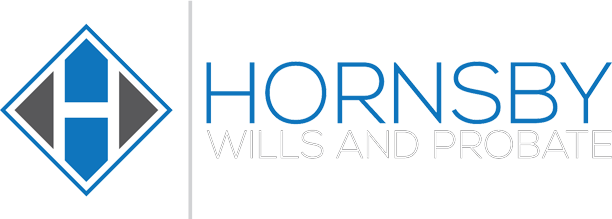It’s easy to overlook superannuation entitlements when arranging your affairs, but this is an important part of your estate plan. Superannuation can be a major asset and the amount paid out when you pass away (known as a ‘death benefit’) will include the proceeds of any life insurance policy attached to your account.
Superannuation death benefits are not automatically dealt with under the terms of your will. If you want the benefit to be dealt with under your will, you must direct your superannuation provider to pay it into your estate using a binding death benefit nomination form.
You can also have the benefit paid directly to your spouse or children. This can help protect it if your will is likely to be challenged, or if your estate is insolvent.
Payment of death benefits to certain beneficiaries (including adult children) can have taxation consequences. This is the case whether the beneficiary receives the benefit directly from the superannuation provider or through your estate under the terms of your will.
Other financial considerations are also relevant when considering the payment of death benefits, such as the effect of receiving the benefit on your spouse’s pension arrangements.
Individuals with self-managed superannuation funds must also ensure that control of the fund is passed to a suitable person. This is a high-risk area for estate planning and it is important to obtain proper advice.
For advice about superannuation death benefits or other estate planning matters, contact Althea Willis at Hornsby Wills and Probate on 0410 485 277 or by email to: althea@hornsbywillsandprobate.com.au





Leave A Comment